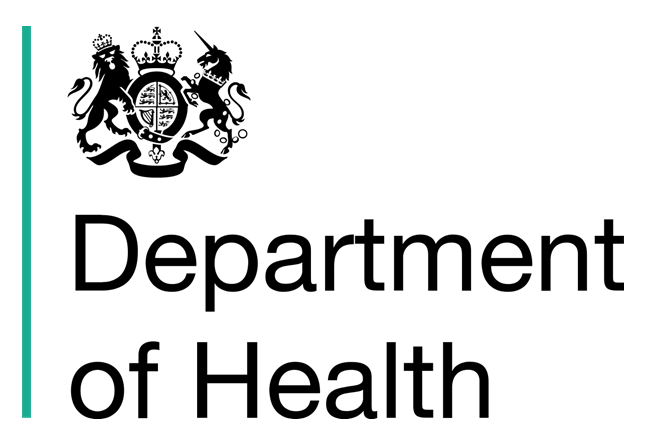The Department of Health and its system partners, Public Health England and NHS England, continue to value the important contribution that voluntary, community and social enterprise (VCSE) organisations make towards improving health and care and see the sector as key to delivering our priorities and improving health and wellbeing. 
The VCSE Review sought to ensure that the way that funding is distributed to the VCSE sector achieves maximum impact. The final report was published in May 2016 and recommended that the existing Voluntary Sector Investment Programme (VSIP) – which includes the Strategic Partner Programme, the Innovation, Excellence and Strategic Development (IESD) grant fund and the Health and Social Care Volunteering Fund (HSCVF) – be reshaped.
In December 2016, the VCSE Health and Wellbeing Programme was launched. The Programme includes a project fund component, the Health and Wellbeing Fund. Each round of the Fund will have a specific theme; for 2017-18 the theme is social prescribing.
The aim of the Fund component of the programme will be to promote equalities and reduce health inequalities by building the evidence base around good practice in social prescribing, sharing lessons and widening adoption of interventions with a proven track record.
The intended outcomes from the Fund will be:
• An increase in system partners’ evidence base on sustainable and scalable social prescribing interventions to improve health inequalities
• New evidence and findings from supported social prescribing schemes informs and influences practice by being available and disseminated to key audiences across the system
• Evaluation results in increased capability for VCSE sector organisations to capture and evaluate the impact of their work
Social Prescribing
Social prescribing means different things to different people, however, the Social Prescribing Network’s co-produced definition is:
“Enabling healthcare professionals to refer patients to a link worker, to co-design a nonclinical social prescription to improve their health and wellbeing.”
Social prescribing is generally understood to be an intervention through which people are supported to access non-medical services in the community. Examples include befriending, art classes and exercise classes, but a wide variety of activities can be included. Typically, a community navigator/link worker will work with the individual to co-produce solutions that best suit their needs.
A range of terms are sometimes used for the community navigator/link worker, including health advisor, wellbeing coordinator and community connector.
The community navigator/link worker role is a key element within successful social prescribing models. Therefore we require all applications to demonstrate how their scheme will support this role.
The Department of Health wants schemes applying to the fund to design models that fit the needs of their local areas and draw upon their local assets. Therefore, they are not dictating that schemes must focus on a particular patient group, for example people with long-term conditions or those most at risk of emergency admission.
However, applications are expected to set out how the social prescribing scheme will reduce health inequalities, as one of the overall objectives of the Health and Wellbeing Programme.
The Department of Health will accept applications for both new and existing social prescribing schemes. However, to support the spread of social prescribing, existing schemes will be expected to use the grant funding to expand services. This might mean expanding the scheme to a larger geographic area, or widening the potential user group within the original area.
Organisations are invited to bid for funding of up to £300,000 for the first year of their scheme (please note that the years of the scheme may not align with the financial or calendar year).
Your organisation must also meet the below eligibility criteria in order to receive grant funding:
• Work in England. There are separate arrangements for Scotland, Wales and Northern Ireland
• Be not for profit, and:
- incorporated (this would be a company limited by guarantee and registered with companies house OR a community interest company OR a co-operative or industrial and provident society OR a social enterprise); or
- have charitable status (registered with the Charity Commission)
For further information and to apply, visit: www.gov.uk/government/publications/health-and-wellbeing-fund-2017-to-2018-application-form, or email: HWFund@dh.gsi.gov.uk.
Deadline: Tuesday 21 November 2017, 12:00